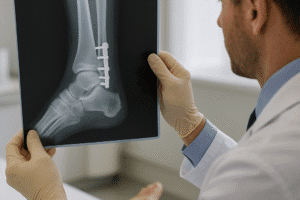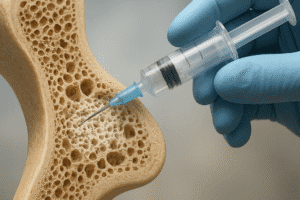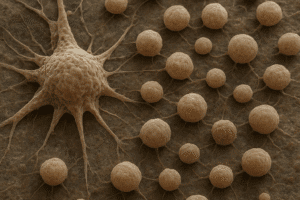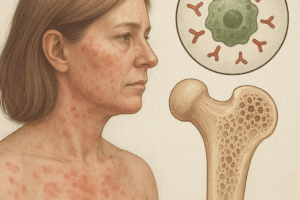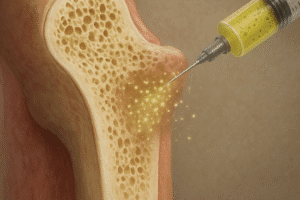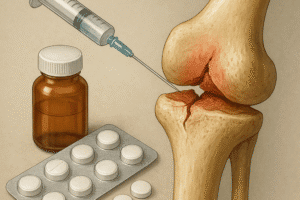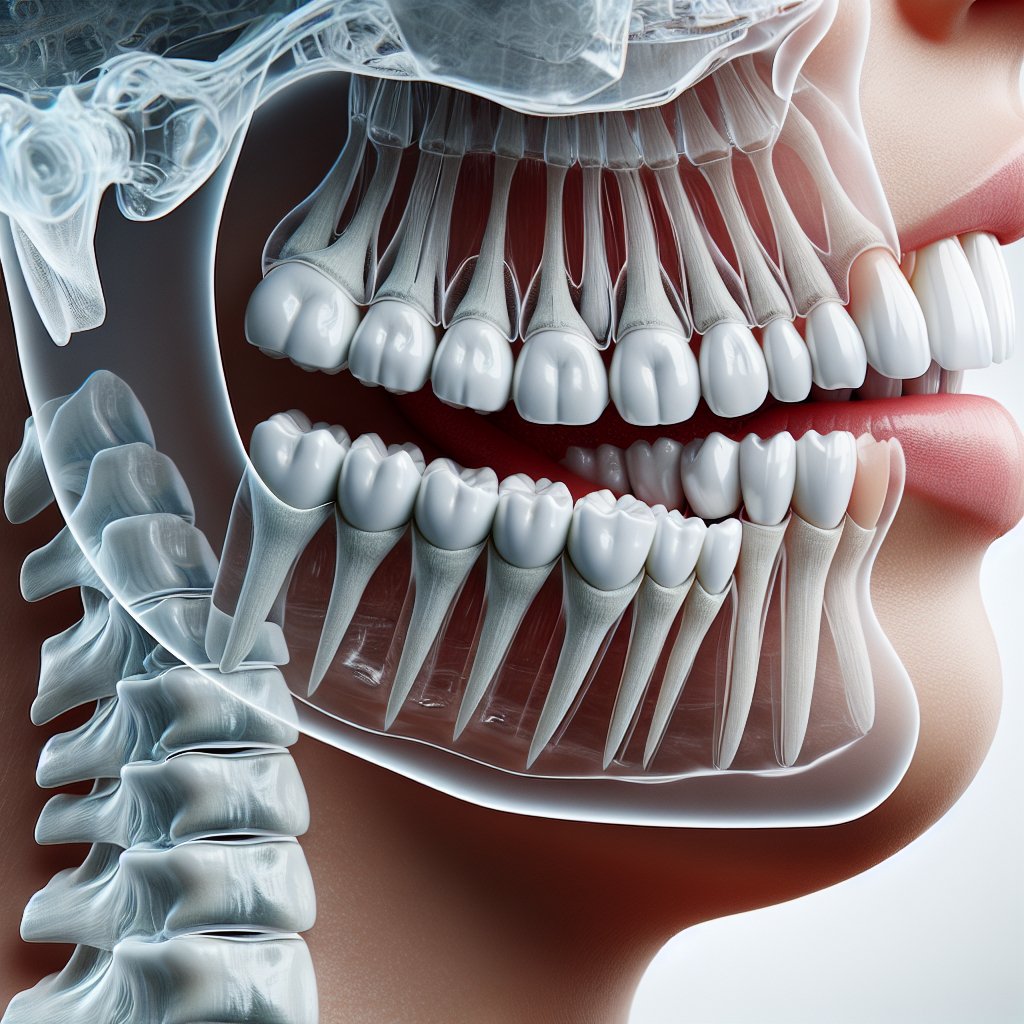The relationship between teeth and jawbone health is a crucial aspect of overall oral health that often goes overlooked. Many people focus solely on the appearance and cleanliness of their teeth, neglecting the underlying structures that support them. Understanding how teeth and jawbone interact can provide valuable insights into maintaining a healthy mouth and preventing various dental issues. This article will explore the intricate connection between teeth and jawbone health, the factors that influence this relationship, and the implications for dental care.
The Anatomy of Teeth and Jawbone
To fully appreciate the relationship between teeth and jawbone health, it is essential to understand the anatomy of both structures. Teeth are composed of several layers, including enamel, dentin, pulp, and cementum. The enamel is the hard, outer layer that protects the tooth, while dentin is the softer layer beneath it. The pulp contains nerves and blood vessels, and cementum is the tissue that helps anchor the tooth to the jawbone.
The jawbone, or mandible and maxilla, provides the foundation for the teeth. It is made up of dense, mineralized tissue that supports the teeth and allows for the necessary movements during chewing and speaking. The health of the jawbone is influenced by various factors, including the presence of teeth, the forces exerted during chewing, and overall bone density.
The Interdependence of Teeth and Jawbone
Teeth and jawbone are interdependent; the health of one directly affects the other. When teeth are lost or damaged, the jawbone can begin to deteriorate due to a lack of stimulation. This phenomenon, known as bone resorption, occurs because the jawbone relies on the pressure and forces generated by chewing to maintain its density and strength. Without these forces, the bone may begin to lose its mass, leading to further dental issues.
Conversely, the health of the jawbone is essential for the stability and longevity of teeth. A strong jawbone provides the necessary support for teeth, ensuring they remain anchored in place. If the jawbone is compromised due to conditions such as osteoporosis or periodontal disease, it can lead to tooth mobility and eventual loss.
Factors Affecting Teeth and Jawbone Health
Several factors can influence the health of both teeth and jawbone. Understanding these factors can help individuals take proactive steps to maintain their oral health.
1. Oral Hygiene Practices
Maintaining good oral hygiene is vital for the health of both teeth and jawbone. Regular brushing and flossing help prevent plaque buildup, which can lead to cavities and gum disease. Gum disease, in particular, is a significant risk factor for jawbone loss, as it causes inflammation and infection that can erode the bone structure.
2. Nutrition
A balanced diet rich in essential nutrients plays a crucial role in maintaining healthy teeth and jawbone. Calcium and vitamin D are particularly important for bone health, while phosphorus and vitamin C contribute to the strength and integrity of teeth. A diet lacking in these nutrients can lead to weakened bones and increased susceptibility to dental issues.
3. Lifestyle Choices
Certain lifestyle choices can also impact oral health. Smoking, for example, is linked to an increased risk of gum disease and tooth loss. Additionally, excessive alcohol consumption can lead to dry mouth, which increases the risk of cavities and other dental problems. Regular exercise is beneficial for overall health, including bone density, and can help maintain the strength of the jawbone.
4. Medical Conditions
Various medical conditions can affect the health of teeth and jawbone. For instance, diabetes can impair blood flow and slow healing, making individuals more susceptible to gum disease. Osteoporosis, a condition characterized by weakened bones, can lead to jawbone loss and increase the risk of tooth loss. It is essential for individuals with such conditions to work closely with their healthcare providers to manage their oral health effectively.
Implications for Dental Care
Understanding the relationship between teeth and jawbone health has significant implications for dental care. Regular dental check-ups are essential for monitoring the health of both structures and addressing any issues before they escalate. Dentists can perform assessments to evaluate bone density and detect early signs of gum disease, allowing for timely intervention.
Preventive Measures
Preventive measures are crucial for maintaining the health of teeth and jawbone. These include:
- Regular Dental Visits: Routine check-ups and cleanings can help identify and address potential issues early on.
- Good Oral Hygiene: Brushing twice a day and flossing daily can prevent plaque buildup and gum disease.
- Healthy Diet: Consuming a balanced diet rich in vitamins and minerals supports overall oral health.
- Avoiding Tobacco: Quitting smoking can significantly reduce the risk of gum disease and tooth loss.
- Managing Medical Conditions: Working with healthcare providers to manage conditions like diabetes and osteoporosis can help protect oral health.
Treatment Options
In cases where teeth have been lost or the jawbone has deteriorated, various treatment options are available. Dental implants are a popular solution for replacing missing teeth, as they integrate with the jawbone and provide stability. Bone grafting procedures can also be performed to restore lost bone mass, allowing for successful implant placement.
Additionally, periodontal treatments can help manage gum disease and prevent further bone loss. These treatments may include scaling and root planing, antibiotics, and, in more severe cases, surgical interventions.
Conclusion
The relationship between teeth and jawbone health is a complex and interdependent one. Maintaining the health of both structures is essential for overall oral health and well-being. By understanding the factors that influence this relationship and taking proactive steps to care for their teeth and jawbone, individuals can enjoy a healthier mouth and prevent potential dental issues. Regular dental visits, good oral hygiene practices, a balanced diet, and a healthy lifestyle are all critical components of maintaining optimal oral health. Ultimately, a holistic approach to dental care that considers the connection between teeth and jawbone will lead to better outcomes and a brighter smile.
